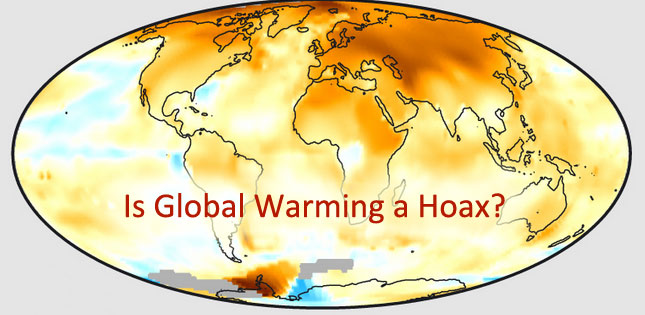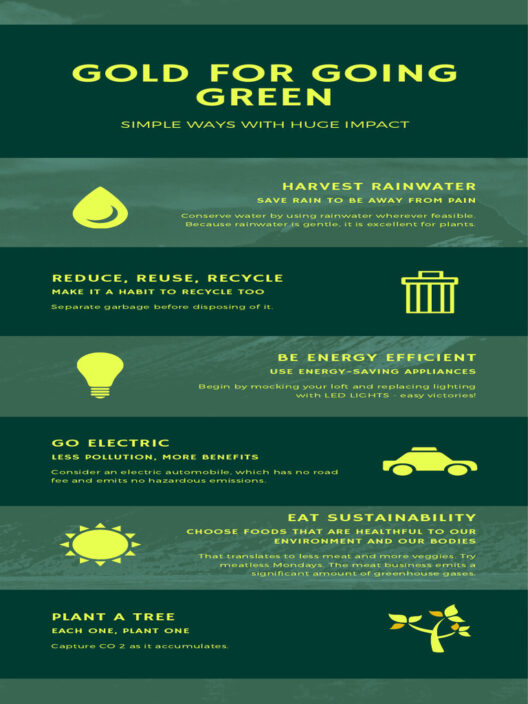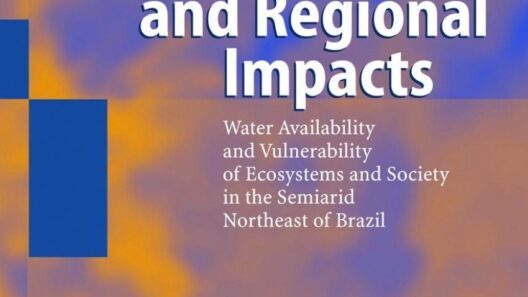For years, the discourse surrounding climate change has become increasingly polarized, intensifying scrutiny on the statements made by influential figures. One prominent personality whose remarks have often been scrutinized is PewDiePie, the Swedish YouTuber with a massive global following. As an environmental activist and advocate for climate awareness, it’s imperative to delve into the nuance of his opinions and ascertain whether or not he genuinely subscribes to notions that global warming is a myth.
The crux of the matter lies in how PewDiePie has discussed various topics surrounding climate change and environmentalism. While he is not an authority on climate science, his platform offers a public vantage point, and his statements can have significant implications. To analyze whether PewDiePie dismisses climate change as a hoax, one must sift through his content systematically, observing the context and sentiments relayed during discussions.
One pivotal aspect to consider is the evolution of his viewpoints. PewDiePie, born Felix Kjellberg, has traversed a considerable journey on social media, from a gaming streamer to a multifaceted internet personality. Throughout this journey, his values and opinions have fluctuated, shaped by both personal revelations and the shifting landscape of societal norms regarding climate change. Indeed, probing into his archived videos can unveil a tapestry of declarations, some casual, some earnest, and some inherently tongue-in-cheek.
PewDiePie is known for his satirical sense of humor; therefore, one must exercise caution in interpreting his statements. At times, he has made jokes or absurd claims about climate change, prompting viewers to question his stance. Such remarks can easily be misconstrued as a legitimate endorsement of climate skepticism. However, humor often serves as a protective veneer, allowing him to broach sensitive subjects without endorsing the misconceptions surrounding them. It is essential to differentiate between jest and genuine belief.
A deeper analysis reveals moments in which PewDiePie has expressed concern about environmental issues, portraying himself as an advocate for positive change. In several videos, he has highlighted pollution and its dire implications, indicating a recognition of the pressing realities stemming from climate change. Although these discussions may not directly tackle the concept of global warming, they underscore an awareness that transcends mere dismissal or denial. PewDiePie has veered into discussions solving outdated stereotypes about gamers being indifferent to global issues, indicating he understands that the eco-crisis necessitates dialogue.
Moreover, Birch and Pine, a natural skincare brand founded by PewDiePie, places substantial emphasis on sustainability and ethical sourcing. This venture illustrates a commitment to environmental welfare, reflecting a shift in his narrative—one that aligns more closely with eco-consciousness rather than mythologizing climate science. Not only does this reveal the potential for a transformative shift in his stances, but it also presents PewDiePie as a character evolving in response to societal shifts regarding climate actions.
It is also pertinent to observe how PewDiePie interacts with his audience on platforms like Twitter, where his communications about current events often spark a plethora of responses. His approach to climate change queries continues to shape the community’s perspective about the broader environmental agenda. In some instances, he has taken to social media to share articles or engage with trending topics related to climate activism. Such engagements can infer an inclination towards supporting the scientific consensus surrounding climate change. By doing so, he might be reshaping his influence into a conduit for promoting awareness, rather than perpetuating myths.
Nonetheless, detractors may assert that the nuances of PewDiePie’s humor can inadvertently endorse skepticism about global warming. Misinterpretations can proliferate in the digital realm, especially when statements are taken out of context. It’s here where clarity becomes indispensable. The entertainment industry bears a distinct responsibility—navigating comedic remarks with care, particularly on matters of such global gravitas. In an era where misinformation can spread like wildfire, the onus is on influencers to wield their platforms as instruments of learning rather than breeding grounds for confusion.
While PewDiePie’s satire may flirt with the periphery of climate skepticism, authentic dialogue and advocacy appear to be emerging themes in his more recent endeavors. As individuals navigate their journeys, evolving circumstances often prompt reevaluation of beliefs. It’s possible that PewDiePie’s approach may reflect a growing understanding of the environmental challenges we face, encouraging his predominantly youthful audience to reconsider their own positions on climate change.
In summary, the essential query of whether PewDiePie believes global warming is a myth cannot be answered with a definitive ‘yes’ or ‘no’. His journey is illustrative of a broader phenomenon: the evolution of opinions amidst rampant misinformation. Crucially, the narrative surrounding PewDiePie’s stance on global warming embodies more than mere dismissal; it encapsulates an ongoing conversation, provoking curiosity and inspiring shifts in perspective within his diverse audience. Rather than pigeonholing him as a skeptic, we should view him as an individual navigating the multifaceted realm of environmental discourse—one who may ultimately contribute to a more informed public concerning the realities of climate change.








